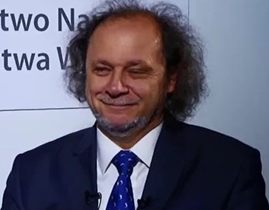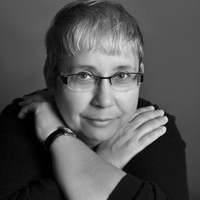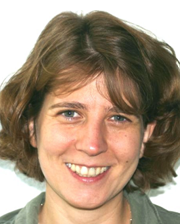Prof. Włodzisław Duch – Podsekretarz Stanu w Ministerstwie Nauki i Szkolnictwa Wyższego

Urodził się w 1954 roku w Kwidzynie. Ukończył studia fizyki teoretycznej na Wydziale Matematyki, Fizyki i Chemii UMK w 1977 r, gdzie 3 lata później obronił doktorat z chemii kwantowej i habilitował się z matematyki stosowanej w roku 1987. Tytuł profesora otrzymał w 1997. Oprócz fizyki teoretycznej i informatyki stosowanej zajmuje się także kognitywistyką, informatyką neurokognitywną i filozofią umysłu.
Jest autorem lub współautorem ponad 300 publikacji w czasopismach specjalistycznych, współredaktorem ponad 20 książek, członkiem licznych towarzystw naukowych oraz rad wydawniczych ponad 20 międzynarodowych czasopism specjalistycznych. Pracował m.in. na Uniwersytecie Południowej Kalifornii (University of Southern California) w Los Angeles (1980-82), w Instytutach Max-Plancka (Astrofizyki i Psychologii) w Monachium (w latach 1984-2001), na kilku uczelniach w Japonii, Nanyang Technological University w Singapurze (2003-2008, 2010-2012), a także w kilku innych instytucjach naukowych w Europie i USA. Przez dwie kadencje piastował stanowisko prezesa European Neural Network Society, jest członkiem z wyboru (Fellow) International Neural Network Society i członkiem komitetu technicznego IEEE Computational Intelligence Society. Był ekspertem programów naukowych FP5-FP7 Unii Europejskiej, członkiem 3 Komitetów PAN: Fizyki Komputerowej; Informatyki (Automatyki, Robotyki, Sieci Neuronowych i Logiki Rozmytej), a od 2007 roku Komitetu Neurobiologii. Od 2012 pełnił funkcję prorektora Uniwersytetu Mikołaja Kopernika ds. badań naukowych i informatyzacji.
Dr Andrea Scharnhorst – Royal Netherlands Academy of Arts and Sciences, Data Archiving and Networked Services

Head of e-Research at the Data Archiving and Networked Services (DANS) institution in the Netherlands – a large digital archive for research data primarily from the social sciences and humanities. She is also member of the e-humanities group at the Royal Netherlands Academy of Arts and Sciences (KNAW) in Amsterdam, where she coordinates the computational humanities programme.
She has a background in physics (Diploma in Statistical Physics) and in philosophy of science (PhD on the application of mathematical models to the science system as self-organizing system). Her current work can best be characterized as part of the information sciences. Her work focuses on understanding, modeling and simulating the emergence of innovations. Hereby, innovations are understood broadly as e.g., new modes of behavior and learning, new forms of communication, new technologies or new scientific ideas. She has worked on the transfer of concepts and methods at an interface between physics; social sciences and humanities. More recently she analyzed the structure and emergence of knowledge orders as visible in library classification systems or the category network of Wikipedia. Dr. Scharnhorst has developed a specific framework (Geometrically Oriented Evolutionary THEories: GOE_THE) to describe processes of problem solving and learning as an evolutionary search process in unknown knowledge landscapes.
PhD Theresa Velden – School of Information, University of Michigan (zamiast Prof. Loeta Leydesdorffa z University of Amsterdam)
 Research fellow and research investigator at the University of Michigan School of Information. She holds a diploma in physics and earned her doctoral degree in Information Science from Cornell University in 2011. In her research, Theresa combines network analytic and ethnographic methods to study and compare information behaviors and collaboration patterns in scientific communities. Her publications have received a best paper award at the ACM Conference on Human Factors in Computing Systems (CHI), and best paper nominations at the ACM Conference on Computer Supported Cooperative Work (CSCW) and the ACM/IEEE Joint Conference on Digital Libraries (JCDL).
Research fellow and research investigator at the University of Michigan School of Information. She holds a diploma in physics and earned her doctoral degree in Information Science from Cornell University in 2011. In her research, Theresa combines network analytic and ethnographic methods to study and compare information behaviors and collaboration patterns in scientific communities. Her publications have received a best paper award at the ACM Conference on Human Factors in Computing Systems (CHI), and best paper nominations at the ACM Conference on Computer Supported Cooperative Work (CSCW) and the ACM/IEEE Joint Conference on Digital Libraries (JCDL).
